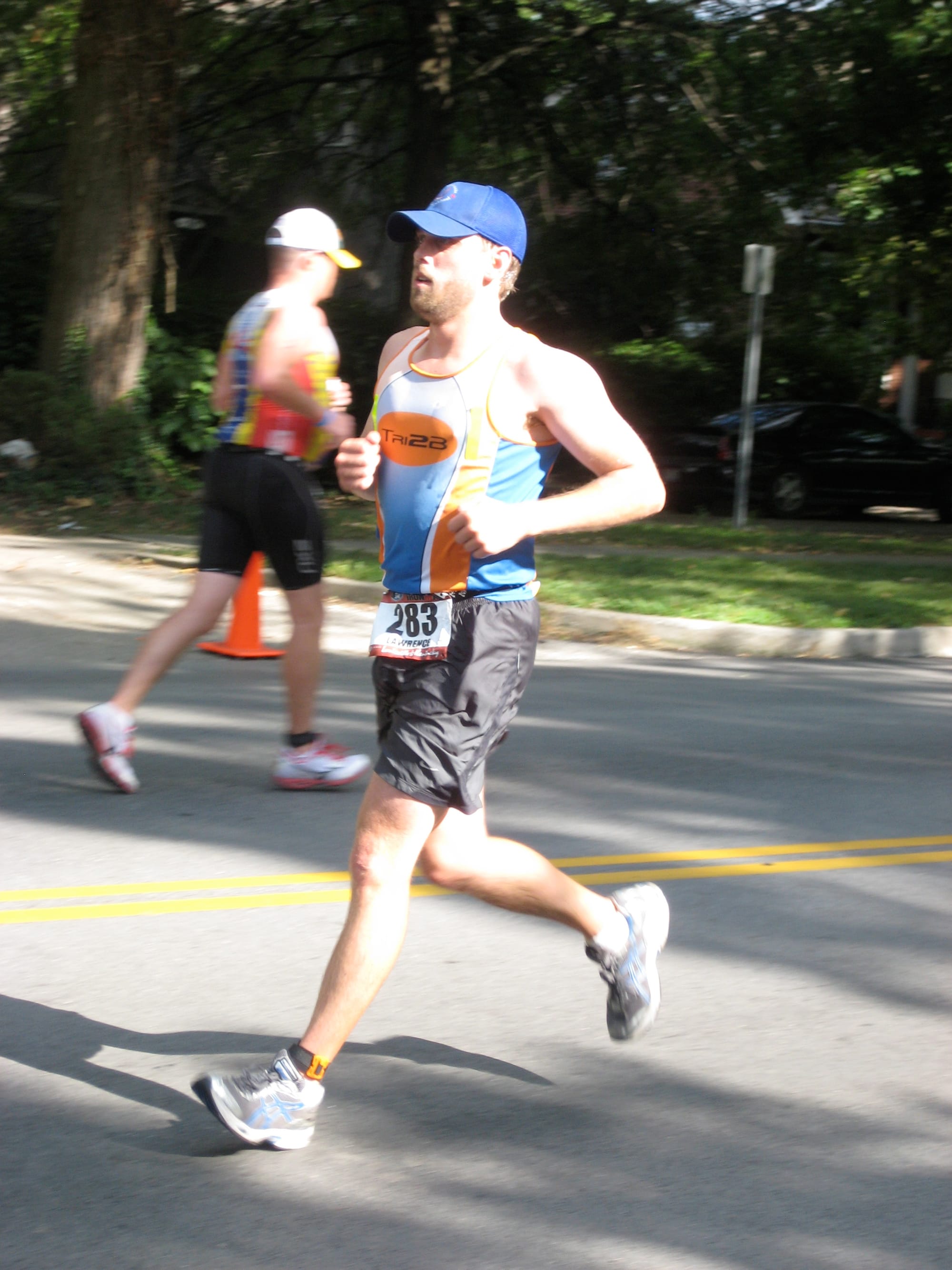Learning to Love Running Again

If you’re starting a business, I recommend you check in with the bigger picture as often as you can. When you live and breathe the details of your business on a minute-by-minute basis, you can quickly become too caught up in each individual situation. Grab what you can from each individual performance, keep running hard and focus on those lofty big picture goals.
In 2008, a friend of mine asked me if I had any interest in signing up for an Ironman. At that point in my life, I had never run more than 8 miles at a time. After 30 seconds of thinking, I enthusiastically replied, “Why the hell not? I’m in.”
Three weeks later, I ran my first half marathon and became a total fitness addict.

Over the next 5 years, I would train hard and participate in a lot of road races. While I was never a competitive racer, I felt pretty fast – and would eventually manage to break the 7 minute/mile mark for a half marathon. Most importantly, I loved running. Rain, snow, sleet, or a hot sun, I would get my miles in.
Then, in 2013, my fitness obsession met FareHarbor. Overnight, my 15-mile runs were replaced by long hours of work. I quickly gained more than 30 pounds. And although I would attempt to run 2 marathons sans training (I only finished one), I was now very slow.
In 2015, we finally had enough staffing at FareHarbor that I could put my computer and phone away for a couple of hours a day. It was time to get fit again.
Unfortunately, every time I attempted to run, I hit a mental roadblock. Checking my pace on Strava was depressing. I knew that I couldn’t expect to be the old me without hard work, but slow speeds were difficult to get over. In fact, I couldn’t string more than 2 runs together in a week and I was quick to quit.
Two months ago, I set my focus on getting back into running. The first day out with Strava, I felt the familiar pain of being slow – of comparing my out of shape, 33 year old body to my in-shape, 25 year old body. The fun disappeared and I instantly thought of giving up. The next day, I went out for a run with no phone, no watch, and no goals. After 40 minutes, I came home feeling wonderful. I had a runner’s high.
Over the course of a few weeks, I went on many untimed and unplanned runs. Eventually, I started to feel fit again and I began timing myself. Running was fun again, but slow days were still a mental battle. Honestly, slow days could ruin my enthusiasm for the remainder of the day.
Why was I so concerned with each individual run? Anything could affect a single run’s performance. Heat, cold, wind, or even what I ate that day. Everything had an affect on my daily performance. Yet as frustrated as I was, my speed was improving! I was discounting my overall improvement by nitpicking daily stats.
Certainly, there is value in analyzing individual performances to find areas of improvement. But, you cannot live and die by those singular occurrences. You’ll lose sight of what you should be celebrating.
Interestingly enough, I applied my mental breakthrough about running to my role at FareHarbor. The results shocked me. I was so caught up in minute details and daily reports, that I was blind to the larger concepts that were propelling our business forward.
It was an easy mindset to fall into. As somebody that expects perfection from the team, it felt natural to over analyze each situation and to evaluate our performance based on the last data point.
Over the past month, I’ve still kept an eye on the details (it will be hard to let go), but I’ve also started focusing on larger trends in each department and across the organization. Exiting the minute-by-minute emotional roller coaster has been a relief, and allowed me to spend more time where I should - working on the overall company’s performance.
